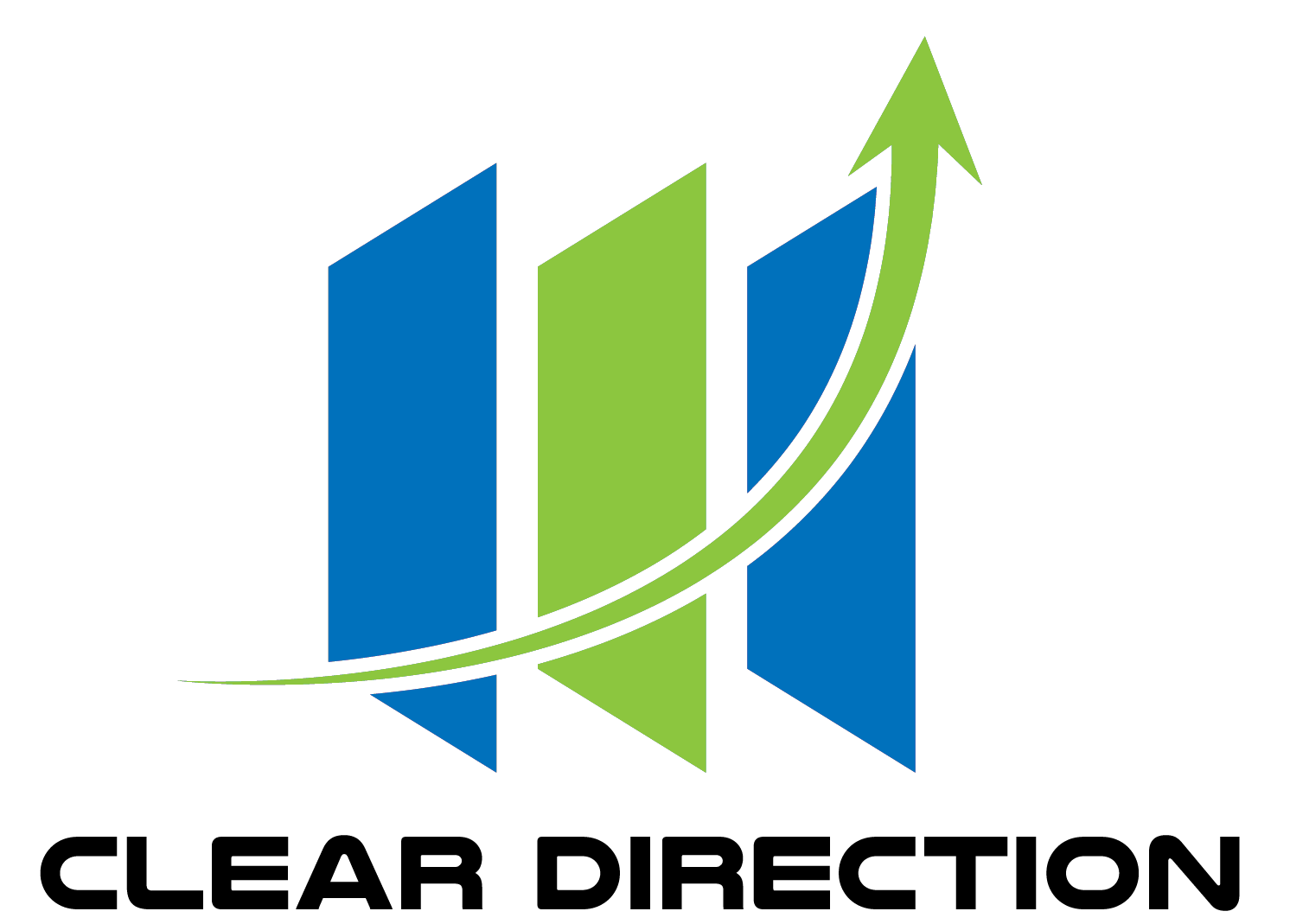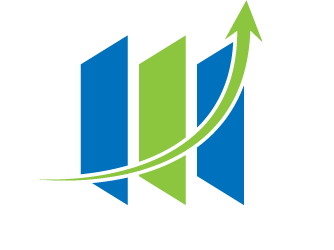A sales team can learn a lot from a championship sports team. An organization sets their sights on the prize and finds the right people to guide them there. The coach looks at the team and the competition to create a winning strategy. Players are assigned roles and performance expectations are set.
Throughout the course of the season the coach identifies areas of improvement and works to maximize performance, shifting strategies as necessary.
The players own their responsibilities and find ways to utilize their individual strengths to meet the expectations of their roles. When everyone does their part, the team gets to lift the winning trophy and celebrate their hard work.
Incredible individual talent and brilliant strategy help a team succeed but the secret sauce is accountability. Coaches measure performance through player stats because what can be measured can be improved.
However, it’s important to recognize that creating an accountable sales culture has just as much to do with how well you set up your team to achieve the success you expect from them.
Key Article Takeaways:
- Track stage-based outcomes that illustrate productive sales process progression
- Clearly explain what you expect your team to do and how you will measure progress
- Invest time in 1:1 meetings to ensure your players are given everything they need to succeed
Keeping Stats and Tracking Performance
Establishing or revisiting your performance dashboards is a good place to start when looking to increase accountability within your sales organization. While your impulse may be to measure absolutely everything, that might not necessarily be gathering the information you need.

Ideally, the sales dashboards you create are to track your Key Performance Indicators (KPIs).
What you want to do is make sure those KPIs are outcome-driven so that when the salespeople are following your defined sales process, you can stay focused at a high level by measuring results and watching for break-down areas that need your attention.
If you aren’t getting the results you need, it might be time to reevaluate the metrics you are tracking to verify they are the right leading performance indicators that lead to sales.
Of course, you want to see if your team is reaching out to prospects, setting up meetings, and turning opportunities into sales. What you don’t want to do is bog down their productivity by forcing your people to track each and every step along the way, especially if they aren’t being measured by those steps.
Using a Customer Relationship Management (CRM) system to track key activities is a proven method that can help guide your sales process and enable more effective sales coaching. It also provides visibility into how the volume of sales activity being delivered compares to what’s necessary to maintain the sales pipeline velocity needed to hit your targets.
Owning The Process
A coach looks for attitudes and behaviors that shows players are bought into defined goals and the steps necessary to achieve them. Once the goals are set and agreed to, it is up to the players to get the results. Not only are they responsible for the outcome, but they are also responsible for the entire process of practice, preparation, and ultimately their game day performance.
In an accountable sales organization, salespeople embrace ownership for their results. Good or bad, they recognize their outcomes are a result of their actions and not the result of things beyond their control. Sure, they might have a bad month or quarter even, but if they consistently own their results, follow a proven process and work to improve, they will likely find some measure of consistent success.
You need people who are committed to following clearly outlined steps that have been proven effective for consistently closing deals. If they are bought in, you have players that execute the team strategy in a predictable and repeatable way which means you can focus on results and have more time to develop helpful sales tools.
Being the Coach
Let’s assume your defined sales process is the right path for your team to follow and market conditions are ripe. In these ideal circumstances, your primary job as the sales leader is to set up your sellers for success by providing them with the right training and sales tools.
You isolate what coaching is needed for each individual by routinely monitoring their results through your sales dashboard.

Does KPI trending tell you something is wrong? If so, make a plan to fix it. This could involve adjusting sales strategy or changing execution tactics when you identify market shifts require a modified approach.
What you are measuring should be exposing performance breakdown areas. If it doesn’t, then you’re missing important success indicators.
Don’t wait for something to go wrong before you look for improvement. Take the time to invest in your sales team. Conduct 1:1 meetings to review individual progress and provide help in areas you see are limiting success.
Dive in and help your reps improve their skills in navigating sales process obstacles more effectively. Train them to the best of their ability and the results will follow.
One of the toughest jobs for a coach is letting players go. Being accountable means that when results aren’t met after ample coaching has been provided, then process adoption needs to be evaluated.
A player is responsible for their actions on and off the field. If they aren’t applying abundant effort and are constantly providing excuses when things don’t work out, it’s time to let them go.
If this result comes as a surprise to the underperformer, then you have work to do with setting clearer expectations to make accountability a stronger dynamic in your sales culture.
Accountability is established by setting goals with clear expectations and gaining buy-in from players willing to accept responsibility for their results.
I have decades of experience building winning, results-driven sales culture and would enjoy sharing that value with you.
If you are looking to build heightened levels of accountability within your sales organization, contact me at (512) 808-6691 or jspencer@salesxceleration.com or book a call through my Scheduling Tool.
———————————————————————————–
I am part of a national group of Senior Sales Leaders who collaborate to share insights like the examples shown in this article. We formed because of our shared passion to help business leaders exponentially grow their revenue.



